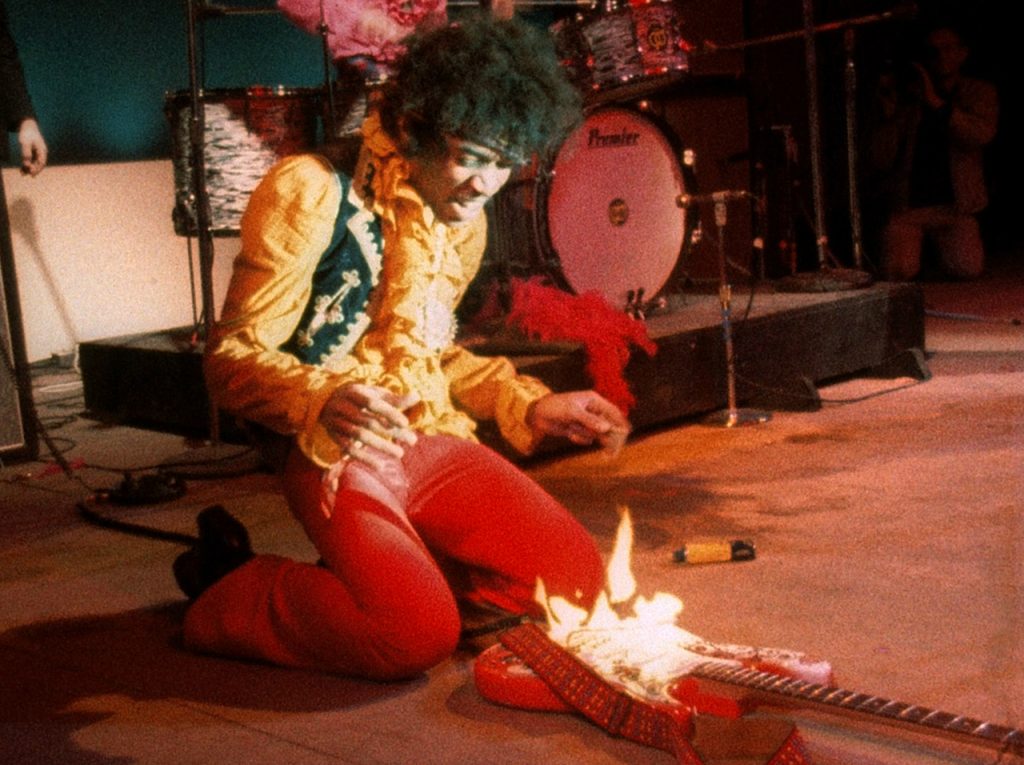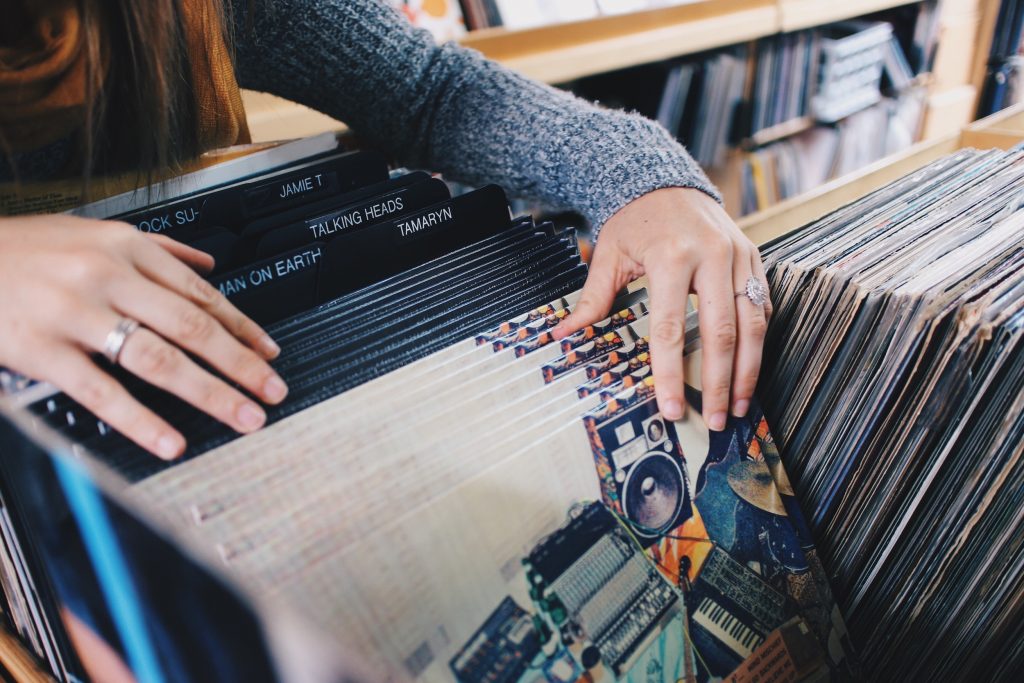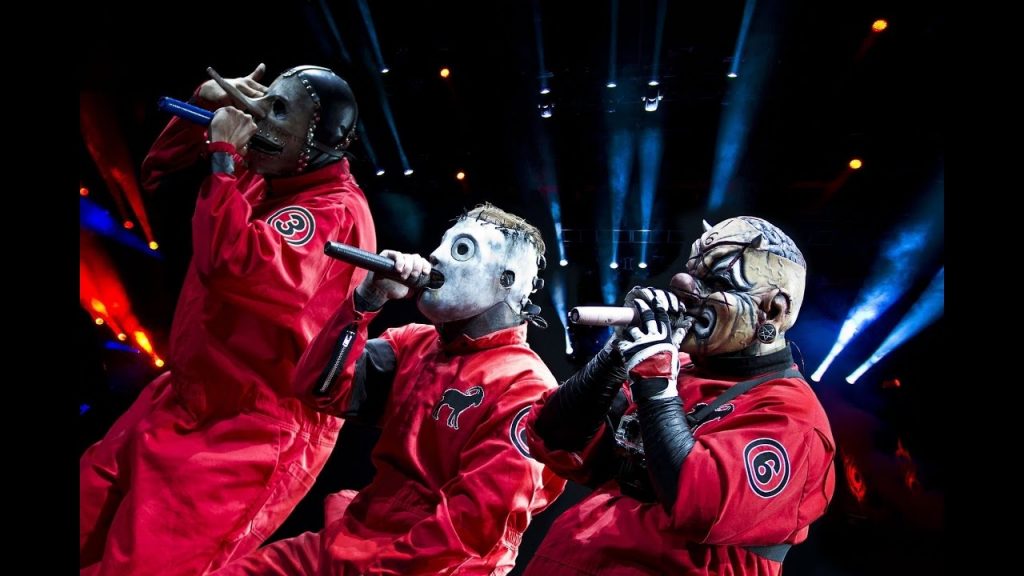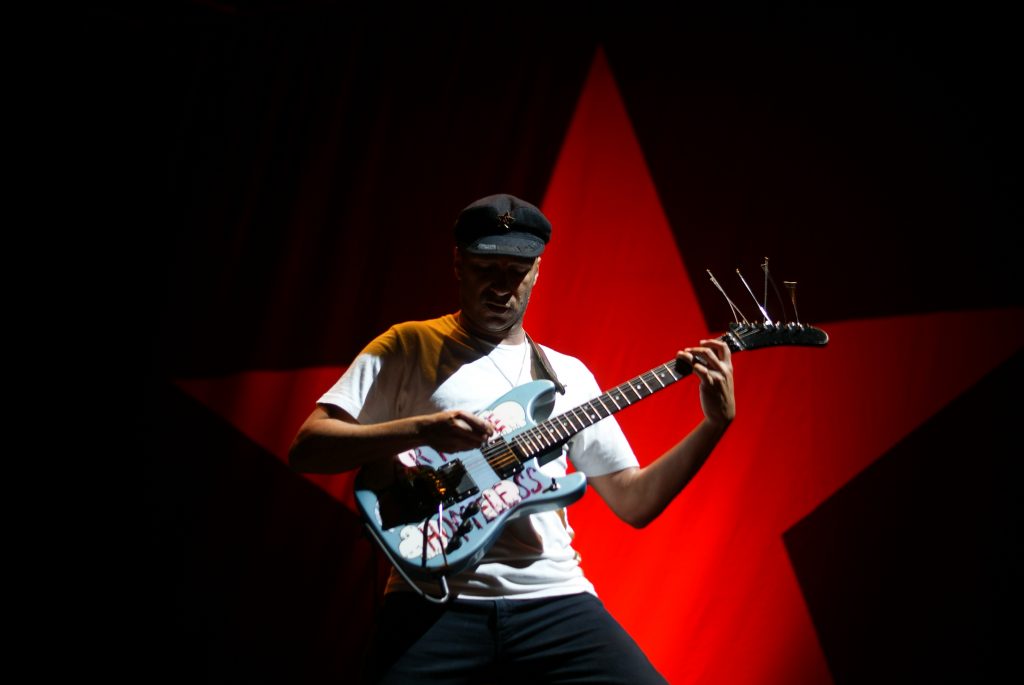
Being a good musician isn’t an easy thing to achieve. It takes a lot of hard work, practice and patience. Even if you reach the level of a “professional musician,” it doesn’t guarantee you great success. There are countless good musicians out there, but they weren’t able to make a name for themselves.
The music market is simply over-saturated with artists and bands in every genre, and most of their music can be found online. This means that it’s very difficult to attract the attention of managers, producers, or labels, and get them interested in your music — no matter what genre we’re talking about.
In this huge crowd of artists and music to choose from it can be extremely difficult to make a breakthrough and become noticeable. This is why we decided to give you some advice on how to achieve that breakthrough, because you also need to be savvy on the business side of things to succeed as a musician.
1. Be creative with your live performance
 One of the ways to attract attention and spread the word about yourself is to give a memorable live performance every time. Although it is important to sound good live and make sure that your performance shows your musical skills, it is also a good idea to add showmanship to your performance and entertain people even further.
One of the ways to attract attention and spread the word about yourself is to give a memorable live performance every time. Although it is important to sound good live and make sure that your performance shows your musical skills, it is also a good idea to add showmanship to your performance and entertain people even further.
You are a musician, but you are also an entertainer and, if you are able to animate people, they will have more fun at your show and remember it for a long time. First of all, it’s a good idea to have some unique visuals that will represent you and brand you in some way.
On the other hand, it’s essential that you move around the stage and show the crowd who’s in charge. You need to display confidence in your own way and show that you’re not shy. This is the only way that the crowd will respect you as a musician.
[Editor’s note: or find a way to use your shyness to your advantage in a performance setting, ala early Cat Power or Elliott Smith.]
Engage the crowd, talk to them, ask them to help you with the performance by clapping, jumping, or singing. Create a routine with your band members and do something interesting that will leave a good impression. However, don’t allow your showmanship to reduce the quality of your performance. The most important thing is to sound good.
2. Blog from the heart
One of the ways a lot of musicians were able to draw attention is through blogging. If you feel like you have something to tell people about your music, your experience, knowledge, music gear, shows, bands, or anything else related to music, then consider starting a blog. Of course, you will also need adequate writing skills to become a blogger.
The first important thing you need to remember is to avoid talking directly about your band or your material, as you will come off as cheap and people won’t support you. Instead, you should look to talk about important topics people might find interesting and, by gathering a big audience, you can brand yourself as an artist.
Don’t overthink it and keep it simple and short. Talk about a topic like you would with someone in real life and show your real self. Write your blog casually. Imagine sending letters to friends to adjust your tone and express yourself naturally, as the real you.
You should also include things from your personal life, like what happens to you on a daily basis. This is how you will connect with people even further and make them interested in the stories you have to tell. After you’ve created an audience, you can casually start promoting new material at the end of your blog posts, asking people to listen to your music.
3. Do collaborations with other musicians
 Being in a band or an individual artist means that you will have to network with other musicians and try to make as many valuable contacts as possible. If you want the audience to notice your work, you will first have to mingle within the music community.
Being in a band or an individual artist means that you will have to network with other musicians and try to make as many valuable contacts as possible. If you want the audience to notice your work, you will first have to mingle within the music community.
Meet and connect with as many peers and try to collaborate on mutual projects. Not only can this help you get noticed (if they’ve already established a name for themselves), but you will be able to do something different and evolve musically. Who knows, you might even get ideas for new material.
If a person likes one artist a lot, there is a great chances that this person will check out artists with whom they collaborate. This is how music works. People want to find similar artists and enjoy their music as well and collaborations can easily point them in the right direction.
Contact other musicians, even if you don’t know them, send them your work and wait for their responses. It won’t be easy, but once someone likes what you do, you might get a chance to make better contacts and even collaborate on making something that could skyrocket your career.
4. Vinyl is important to audiophiles
 Even though everyone listens to digital music today, there are a lot of people who still cherish vinyl sounds and love to listen to analog music. No matter what you’re thinking, vinyl is not dead, and there is a huge community of people who prefer it.
Even though everyone listens to digital music today, there are a lot of people who still cherish vinyl sounds and love to listen to analog music. No matter what you’re thinking, vinyl is not dead, and there is a huge community of people who prefer it.
If you are trying to make music with integrity, play your own instruments, and write your own songs, then vinyls enthusiasts might be your target audience. These are the people who love production, respect good songwriting, and they want to listen to good music.
There are more and more people switching back to vinyl as they understand that this type of music reproduction offers more quality. This is something you should consider as well, as you can make good money selling vinyl.
5. Create a strong visual presence
 Visuals also matter for musicians. First of all, the way you look can make you stand out and this is very important. On the other hand, your stage visuals and your whole band (if you are in one) need to have adequate visuals that are connected with your story.
Visuals also matter for musicians. First of all, the way you look can make you stand out and this is very important. On the other hand, your stage visuals and your whole band (if you are in one) need to have adequate visuals that are connected with your story.
You also need to make sure that all of your promotional material, including pictures, logos, and flyers has engaging visuals that can attract the attention of people and tell them that you are worth checking out. Your website, albums, or visuals on stage, can attract the attention of potential listeners that might like your music.
It can help them make the first step and download your music online, listen to you at a festival, or simply want to learn more about you. For a lot of people, visuals are the first thing that they notice about an artist, to give them a chance in the sea of other musicians.
6. Tell your story
 As mentioned before, your singing or guitar playing skills could be flawless, but nobody will care about that if there is no story behind it. For example, Bon Jovi started playing at 13 when his neighbour gave him guitar lessons and he came completely unprepared which made his neighbour say “you are just a waste of time” and he threw him out.
As mentioned before, your singing or guitar playing skills could be flawless, but nobody will care about that if there is no story behind it. For example, Bon Jovi started playing at 13 when his neighbour gave him guitar lessons and he came completely unprepared which made his neighbour say “you are just a waste of time” and he threw him out.
Bon Jovi learned from this and he made sure that he was always prepared and on time after that. It is important that you represent yourself as a musician and tell a story through your music as well as when talking to people, managers, fans, and media.
For many people, this is the entry they need. When they hear a good story, they will pay attention to that artist and be open to listening to their music. You should also look to make your story a part of your live performance and try to suck people into it.
Even though hard core music fans will say that they are “all about music,” they still pay a lot of attention to the things mentioned above, so make sure that you do as well. However, this is only to attract their attention; good music will make them become your fans, so make sure that you work hard on your songs and deliver a memorable musical experience.
Author bio: Anja Skrba is a Content Creation Manager for https://firstsiteguide.com, an educational website which provides tutorials and guides that help people create, grow and maintain their online presence. You can follow her on Twitter, Facebook or LinkedIn.
Header photo taken by Gavin Whitner of musicoomph.com.
